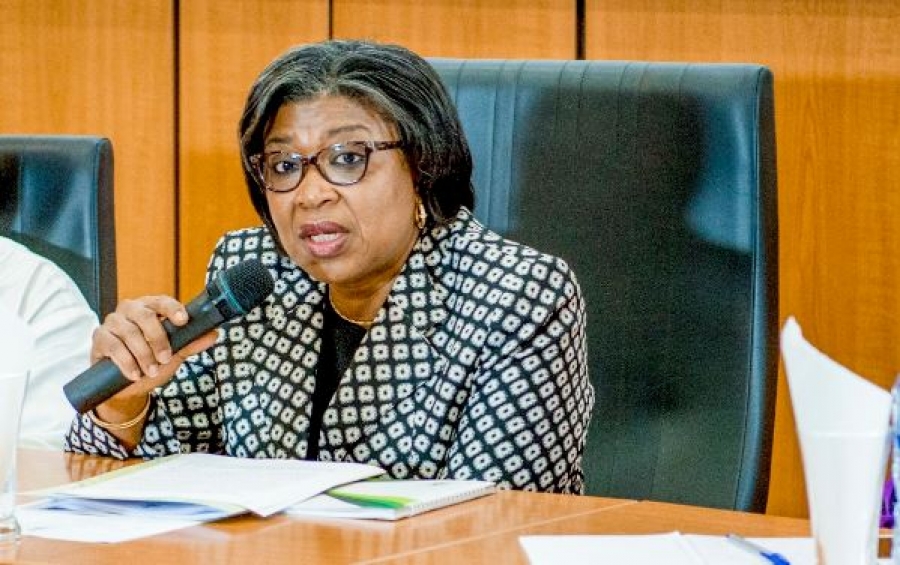Nigeria’s Debt Management Office (DMO) has declared that a stronger and comparable revenue base will reduce the Federal Government’s need for relatively large amounts of new borrowings.
Director-General of DMO, Ms. Patience Oniha, who stated this recently in Abuja, while interacting with journalists, insisted that the country needed to earn higher revenues and manage its debt profile more efficiently to further reduce borrowing.

Oniha stated that statistics had shown that relative to other countries, Nigeria’s revenue remained low, adding: “The World Bank’s World Economic Outlook for 2020 showed that Nigeria with Gross Domestic Product (GDP) ratio of 6.3 per cent was ranked 194 of 196 countries covered by the research.”
She added that more taxes and other revenue base would reduce the need for relatively large amounts of new borrowings, as Nigeria had witnessed and would also reduce the debt service-to-revenue ratio.
“The DMO has repeatedly stressed the need to grow revenues significantly for debts to be sustainable. It is advisable for the media, members of the public and analysts to begin to focus attention on Nigeria’s revenue shortfalls now and again. Nigeria has been running budget for decades it is about time to shift to balanced budgets and even surplus budgets,” she stressed.
Read Also: How removal of fuel subsidy can make or break economy
She also pointed out that the need for the Federal Government to address the recurrent issue of petroleum subsidy payment, so as to further address borrowings, adding that the DMO has continuously maintained its position on the need to raise revenues.
“One issue that requires urgent attention is the petrol subsidy payments, which has significantly increased annual budget deficits and ultimately increase the level of new borrowings and public debt profile.
“There is a need to raise oil production and reduce crude oil theft and pipeline vandalism to meet oil revenue targets, especially in the light of rising crude oil prices.
“Other structural issues such as insecurity, inflation, infrastructure deficit affecting the business environment need to be addressed. Foreign exchange (Forex) shortages and other issues affecting the business environment need to be resolved,” she added.
Oniha also noted that the above steps would create an avenue for efficient tax collection and wider tax base and that the DMO would play advisory role to the government in relation to public debts which cover new borrowings, debt negotiation and debt management strategy.
She noted that public debt has continued to grow in the last years as the government borrowed to meet major revenue shortfalls, increased spending on security and infrastructure, as well as funding on health due to the outbreak of COVID-19 pandemic.






